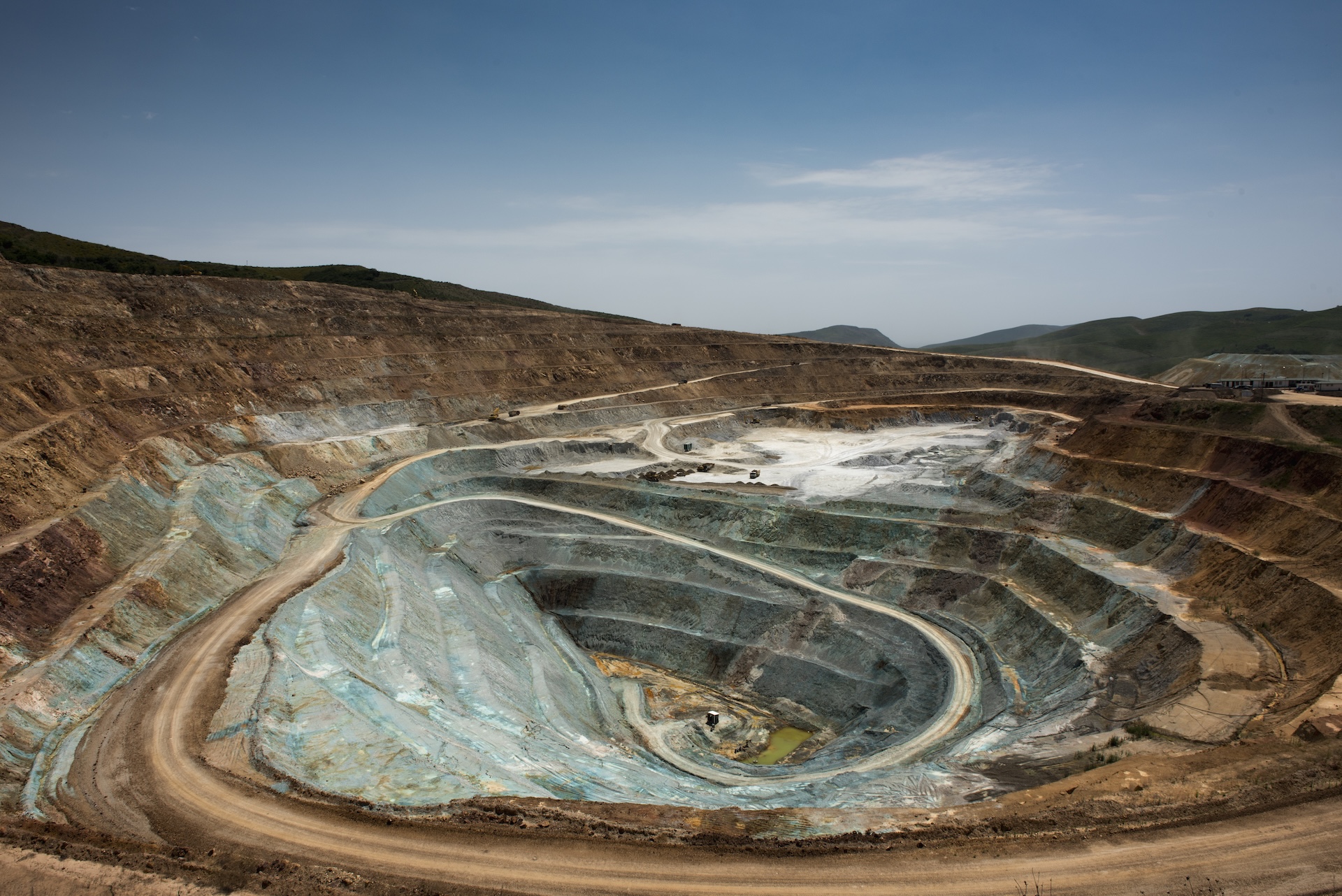
By taking control of Nagorno-Karabakh, Azerbaijan has also gained access to valuable natural resources.
The Khachen mines yield copper, from which molybdenum is also extracted—a highly versatile metal used in numerous industrial sectors. However, the territory is also home to highly lucrative gold mines. Several of these deposits are exploited by a British company, Anglo Asian Mining. Baku has granted the company more than a thousand square kilometers across various locations throughout the country. The company’s website even describes Azerbaijan as a “multi-party democracy” with a “good human rights record.”
Another increasingly prized resource in an area with low precipitation—especially in the current context of climate change—is water. Nagorno-Karabakh is traversed by numerous rivers originating from the mountains, such as the Vorotan, Tartar, and Khachen. Controlling the upper reaches of these waterways equates to controlling the resource. Several reservoirs, built during the Soviet era, allow water storage, particularly during snow thawing, while hydroelectric power plants harness its energy potential.
Finally, with its particularly fertile volcanic soil, this small territory is also rich in farm produce. More than 130,000 hectares of arable land were cultivated, with grain and vegetable farms alongside orchards and vineyards. Additionally, a vast area of the highlands is covered with meadows used for fodder and high-altitude pastures. These lands were once vital to certain Armenian farmers who, before the war, brought their livestock to pasture there during the summer—an option they no longer have.